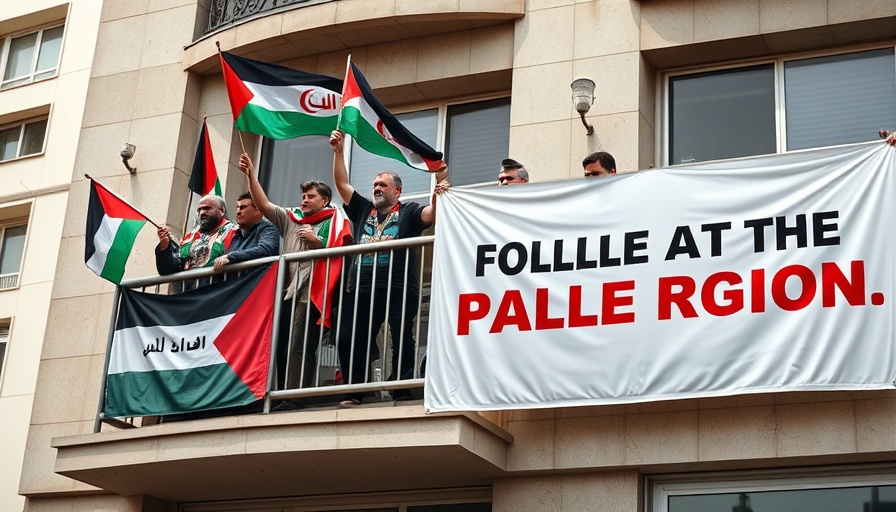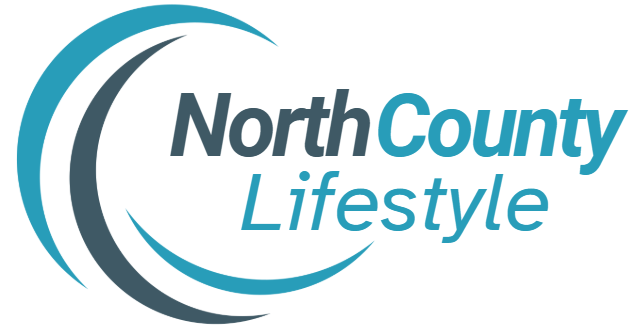
A Walkout for Justice: Students Stand Up Against Oppression
On April 2, a remarkable walkout and rally took place at UC San Diego in reaction to the actions of the Trump Administration and the arrest of Mahmoud Khalil, a Palestinian activist and Columbia University graduate student. This display of solidarity was organized by various student groups, including Students for Justice in Palestine (SJP), Jewish Voices for Peace, and UCSD Faculty for Justice in Palestine, demonstrating a cross-section of support for marginalized communities and a call for political accountability.
What Sparked This Movement?
The need for the protest arose following the troubling circumstances surrounding Khalil’s arrest. Despite holding a green card, he was apprehended by ICE officers for allegedly leading activities associated with Hamas, igniting controversy and concern regarding immigrant rights and the treatment of activists. Khalil has long been a prominent figure in on-campus protests, attending to issues of human rights and justice for the Palestinian people.
Voices from the Rally
The rally attracted attention not only for its political statements but also for the heartfelt speeches delivered by students and faculty alike. An SJP member opened the event by lamenting the suppression of their organization and how the university's actions reflect attempts to stifle dissent. “You see, SJP has 16,000 followers, but our stories only get 400 views. That’s no accident,” the protester pointed out, highlighting the pressure placed on student activists by institutional powers.
Political Science major and presidential candidate Ricardo Miranda empowered students by recalling the university's history of successful divestment movements, calling for similar actions against Israel. “Our voices must be amplified! We cannot stand idly by as our university overlooks our demands,” Miranda declared, urging his peers to take up the mantle of activism.
Response to Political Climate
The rally also addressed the broader implications of the Trump Administration's policies on university funding and diversity programs. Another presidential candidate, William Simpson, condemned the administration's cuts, labeling them as a “dark, disgusting shadow over our campus.” He relayed frustrations regarding a recent hiring freeze affecting essential positions at the university, which he directly associated with federal funding issues. Simpson insisted that student voices matter, emphasizing the university's contradiction between advocating diversity while silencing marginalized student groups.
Intersecting Struggles: Immigrant Rights and Activism
One of the most poignant moments came from Associate Professor Gary Fields, a famed advocate for immigrant rights on campus. He equated Khalil's arrest to the broader struggles faced by immigrants living near the Mexico border. “Our campus sits on one of the flashpoints for immigrant rights. This protest isn’t just about Palestine—it reflects our shared struggles against discrimination and oppression,” Fields stressed during his compelling twelve-minute address. His insights illuminated the intersectionality that often goes unnoticed but is crucial in understanding the entire social justice movement.
The Aftermath and Looking Ahead
As the rally concluded, it was clear that this event was more than a momentary act of defiance. It was a crucial juncture for students at UC San Diego to unite and implore their administration to uphold principles of justice and equity. The protest also encouraged attendees to consider their roles in dismantling systemic issues, not just locally, but in a wider context of global injustice.
This walkout is expected to spur continued dialogue about divestment from Israel and immigrant rights, as students reflect on how their activism fits into the greater narrative of human rights. By raising awareness on these interconnected issues, they strive not only for change within their university but also for a broader understanding and action on pressing global matters.
Concluding Thoughts
With the climate of activism ever-evolving, it is crucial for students and citizens alike to remain aware of their surroundings and his political environment. The UCSD walkout serves as a powerful reminder of the students’ ability to shape discussions surrounding justice, equality, and inclusivity. As we all continue this journey toward social awareness and reform, it’s important to educate ourselves and stand together in solidarity against oppressive systems.
Keep the conversation going and find ways to contribute to ongoing movements around racial and social justice. Whether it's attending local events or engaging in dialogues about these critical issues, every effort counts in the fight for equality.
 Add Row
Add Row  Add
Add 




 Add Row
Add Row  Add
Add 


Write A Comment